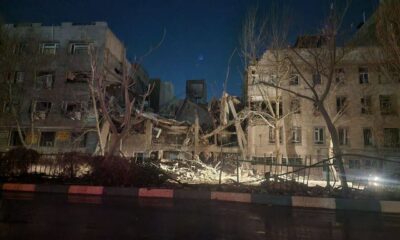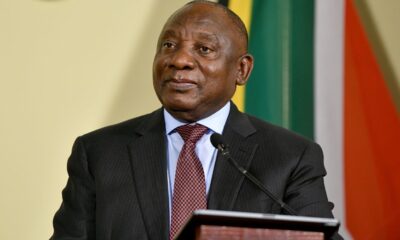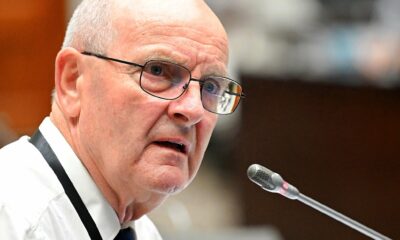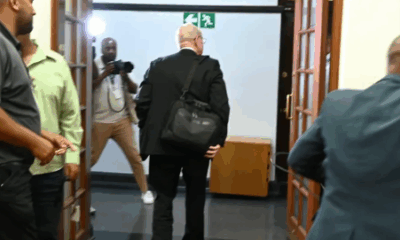News
Senzo Mchunu Clarifies: Political Killings Task Team Was Never an Official SAPS Unit
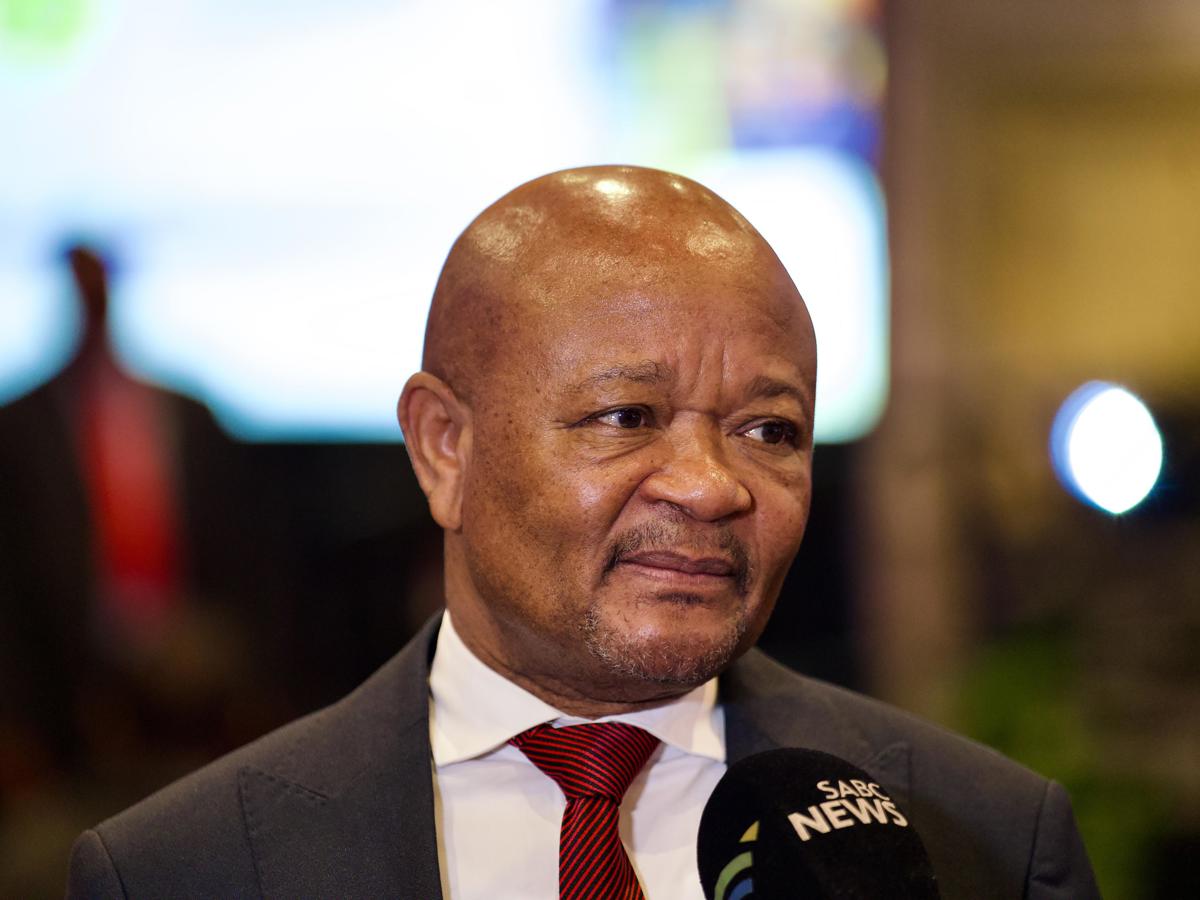
Temporary by Design, Not by Default
Suspended Police Minister Senzo Mchunu has drawn a firm line between what South Africans might call a “task team” and what the police service defines as a “unit.” Appearing before Parliament’s committee investigating explosive allegations made by KwaZulu-Natal Police Commissioner Lieutenant-General Nhlanhla Mkhwanazi, Mchunu explained that the National Political Killings Task Team (NPKTT) was never part of the SAPS organogram.
According to Mchunu, the team’s status has always been temporary. “In SAPS, official units are built into the structure. The task team for political killings was not. It operated outside the organogram and never became a permanent feature,” he said.
The clarification comes amid growing questions about how the task team fits into South Africa’s broader policing strategy, particularly given its sensitive mandate of investigating the politically motivated killings that have long plagued KwaZulu-Natal.
A Distinction with Consequences
Mchunu emphasised that task teams are temporary by nature, assembled to handle specific issues using existing police personnel. Once their job is done, members return to their normal posts. “You don’t appoint people from outside, and you don’t leave a permanent gap in the system,” he told Parliament.
He added that the NPKTT’s exclusion from SAPS’s organisational structure remained consistent, even after he took office in 2019. A revised organogram approved in May 2025 did not include the task team either.
Mchunu’s comments were also a direct response to earlier testimony by Major General Petronella Van Rooyen, who allegedly claimed there was no difference between a unit and a task team. “That worried me,” Mchunu said. “There has always been a clear distinction.”
The Task Team’s Origins
The National Political Killings Task Team was created in 2018 following a directive by President Cyril Ramaphosa after a surge in assassinations targeting local politicians and public officials in KwaZulu-Natal. One of the most high-profile cases that prompted its formation was the murder of Musawenkosi “Maqatha” Mchunu, a local ANC councillor.
Mchunu explained that the President’s order led to the creation of a three-tier mechanism to tackle political killings: an inter-ministerial committee, a steering committee, and the operational task team that became the NPKTT.
Prior to this national intervention, provincial versions of political killings task teams had already been formed in 2014 and 2016 to deal with violence linked to factional tensions and local power struggles.
Internal Questions and Timing Disputes
The hearing also delved into disagreements about the timing of high-level discussions around the NPKTT. Advocate Norman Arendse SC, leading the inquiry, questioned Mchunu about reported meetings in November 2024.
While General Shadrack Sibiya claimed that discussions were held that month, National Commissioner Fannie Masemola insisted no such meetings occurred before a directive dated 31 November. Mchunu confirmed that he had personally attended three meetings that month, including a large one on 22 November.
These conflicting accounts form part of the broader inquiry into alleged misconduct and misrepresentation within the police’s upper ranks, a process that has already exposed long-standing tensions between SAPS leadership and political oversight.
A Bigger Picture for Policing Reform
Mchunu also confirmed awareness of a 2019 study on specialised SAPS units, launched in response to the President’s call during that year’s State of the Nation Address. The study’s purpose, he said, was to strengthen coordination and resource management among genuine, permanent police units.
By reaffirming that the NPKTT was always meant to be a temporary operational group, Mchunu sought to clear up the confusion around its status and distance it from the controversies currently swirling around SAPS leadership.
Follow Joburg ETC on Facebook, Twitter, TikT
For more News in Johannesburg, visit joburgetc.com
Source: IOL
Featured Image: EWN

